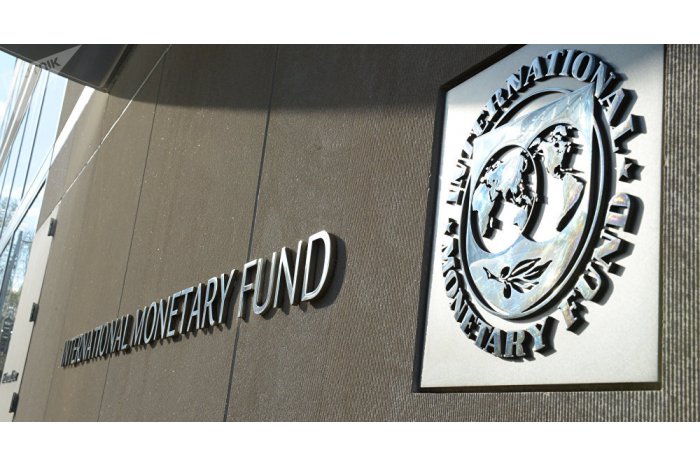International Monetary Fund to grant 27 million dollars to Moldova
11:24 | 10.01.2023 Category: Economic
Chisinau, 10 January /MOLDPRES/- The Executive Board of the International Monetary Fund (IMF) concluded the second review under the 40-month Extended Credit Facility (ECF) and Extended Fund Facility (EFF) Arrangements for the Republic of Moldova. This allows for the immediate disbursement of SDR 20.65 million (about US$27 million), usable for budget support, bringing Moldova’s total disbursements under the blended ECF/EFF arrangements to SDR 206.6 million (about US$275 million).
Moldova’s outlook remains fraught with challenges. The economy is projected to contract by 1.5 percent in 2022, followed by a modest recovery of 1.5 percent in 2023 due to the protracted impact of Russia’s war against Ukraine and the worsening outlook of Moldova’s main trading partners. Inflation is estimated to have peaked but remains high at 31.4 percent in November (year-on-year).
Following the Executive Board discussion, Mr. Kenji Okamura, Deputy Managing Director and Acting Chair, made the following statement:
“Spillovers from Russia’s invasion of Ukraine continued to weigh heavily on Moldova. Disruption in energy supply is putting additional pressures on the economy, while the hardship from high energy and food prices is contributing to a deterioration of living standards of the vulnerable. As a result, the outlook for the Moldovan economy is weaker than projected at the time of the first review. Despite these challenges, the authorities remain firmly committed to the Fund-supported program, which aims to support the vulnerable while advancing governance reforms and addressing developmental needs to create conditions for sustainable and inclusive growth. The authorities have successfully completed structural commitments on public investment management, the SOE sector reforms, and financial sector governance. The reform agenda under the program was further strengthened with the proposal of six new structural benchmarks to guide implementation of reform priorities.
The fiscal deficit is projected to widen to 6 percent of GDP next year, reflecting policies to counter the cost-of-living and energy crises, while the current account deficit continues to be driven by higher costs of energy imports. Risks to the outlook are high and firmly tilted to the downside, including risks of further escalation of Russia’s war against Ukraine. Moldova’s program implementation remains strong despite the difficult environment, with completion of important program commitments in the areas of fiscal and financial governance, and reforms of the state-owned enterprises (SOEs) sector.
The Fund-supported program has helped catalyze significant external financing to help Moldova bridge immediate financing needs. As risks remain high and the outlook is subject to extreme uncertainty, maintaining a strong policy momentum will be critical to secure additional grant and concessional financing from donors, needed to withstand the shocks, reduce reliance on expensive short-term domestic financing, and preserve fiscal sustainability. Continued reform implementation will also help Moldova create a solid foundation for strong and inclusive growth.
The authorities’ near-term policy priorities are appropriately focused on safeguarding energy security, protecting the most vulnerable from the cost-of-living crisis, and preserving macro-financial stability. Going forward, maintaining an appropriate policy mix will be critical to withstand downside risks, should they materialize, while pursuing longer-term developmental objectives. Continued efforts are needed to improve spending efficiency, foster budget credibility, and mobilize domestic revenue. Reforming the SOE sector needs to be accelerated to improve efficiency and contain fiscal risks, while broader governance, judicial and anti-corruption reforms would support growth.
While the revised inflation outlook warrants carefully calibrated easing of monetary policy stance, exceptionally high uncertainty calls for continued vigilance. The adoption of the law aiming to strengthen the institutional autonomy and governance of the National Bank of Moldova (NBM) is welcome. Safeguarding the independence of the NBM is essential to reinforce its credibility and strengthen policy effectiveness.”

